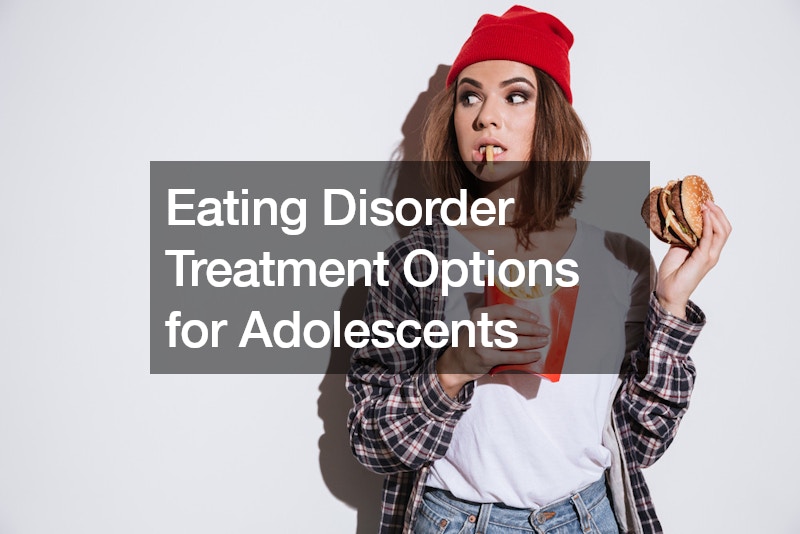Eating disorders, such as anorexia nervosa, bulimia nervosa, and binge eating disorder, are serious conditions that can significantly impact the physical and mental health of adolescents. Early intervention and appropriate treatment are crucial for effective recovery. Understanding the available treatment options can help families make informed decisions about the best care for their children.
Family-Based Therapy (FBT)
Family-Based Therapy (FBT) is a widely recognized treatment for adolescents with eating disorders, especially anorexia nervosa. FBT involves the parents in the recovery process, emphasizing their role in supporting their child’s nutrition and health.
The therapy helps the family work together to restore the adolescent’s weight and establish healthy eating behaviors. Research shows that FBT is particularly effective for younger adolescents and those with a shorter duration of illness.
Cognitive Behavioral Therapy (CBT)
Cognitive Behavioral Therapy (CBT) is another effective treatment option for various eating disorders. CBT focuses on identifying and changing the negative thought patterns and behaviors associated with the disorder. For adolescents, CBT can help them develop healthier coping mechanisms and improve their self-esteem. It is often used in conjunction with other therapies and can be tailored to address specific eating disorder symptoms.
Nutritional Counseling
Nutritional counseling is a critical component of eating disorder treatment. A registered dietitian works with the adolescent to develop a balanced meal plan that meets their nutritional needs and promotes a healthy relationship with food. Nutritional counseling can also educate the family about proper nutrition and help them support the adolescent’s recovery.
Inpatient and Residential Treatment
For severe cases of eating disorders, inpatient or residential treatment may be necessary. An adolescent eating disorder treatment center provides a structured and supportive environment where the adolescent can receive intensive care. These centers offer a multidisciplinary approach, including medical supervision, therapy, and nutritional support, to address all aspects of the disorder.
Support Groups
Support groups can be beneficial for adolescents and their families. These groups provide a platform to share experiences, gain insights, and receive encouragement from others facing similar challenges. Support groups can complement other forms of treatment and help reduce feelings of isolation.
Choosing the right treatment option depends on the severity of the disorder and the individual needs of the adolescent. Consulting with healthcare professionals and considering options like an adolescent eating disorder treatment center can guide families towards the most effective care for their loved ones. Early and comprehensive treatment increases the likelihood of a successful recovery and helps adolescents regain their health and well-being.
.





